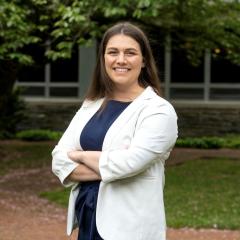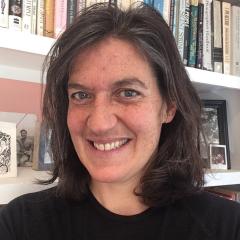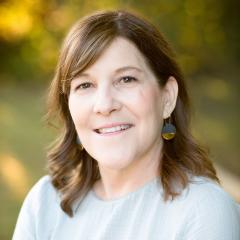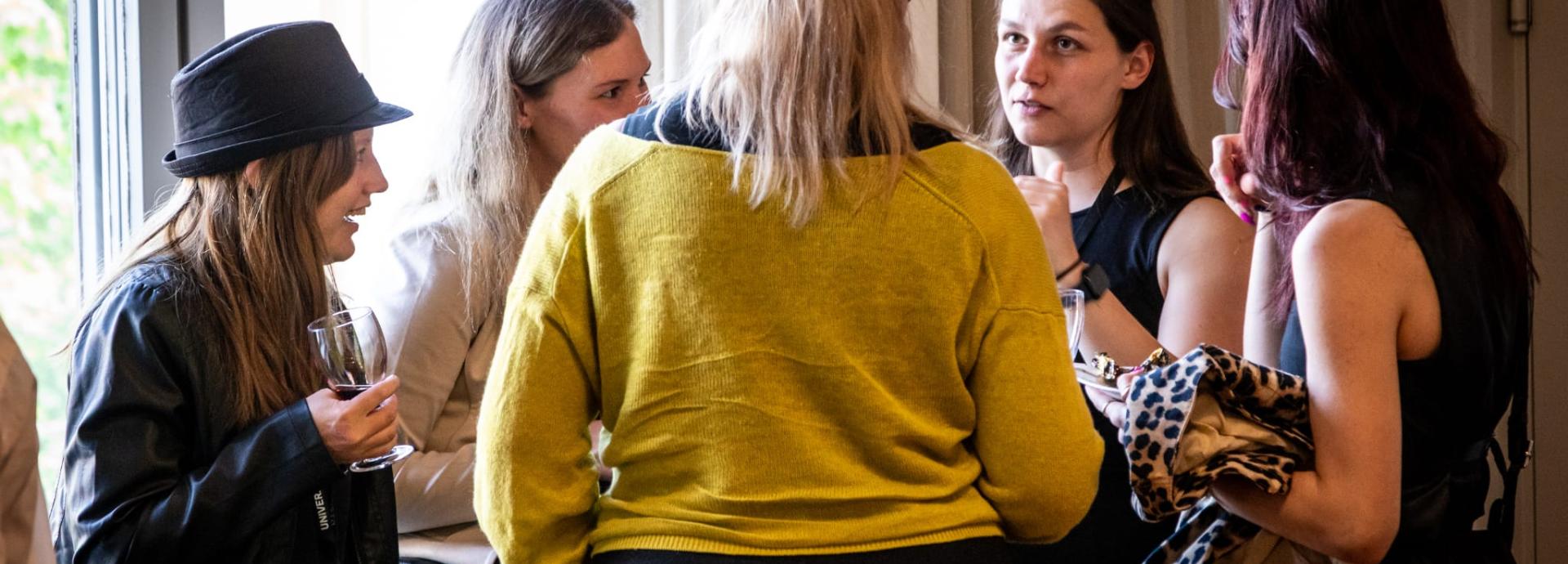

Navigating job markets in two countries wasn’t part of my original study plan. My long list of sustainability-related internships in the U.S. began to shift due to the current political climate. After submitting numerous applications and learning about the challenges companies face with sustainability projects, I decided to focus my summer job search on the Finnish market.
Initially, finding a position was difficult because of my limited local connections and my developing Finnish language skills. Through my network at LUT, a professor mentioned an opening for a summer trainee position in the Energy and Society research group, which she oversees under the Department of Energy Technology. Given its alignment with my engineering background and social science studies, I applied, and after an interview process, I was thrilled to learn I was selected to be their summer trainee.
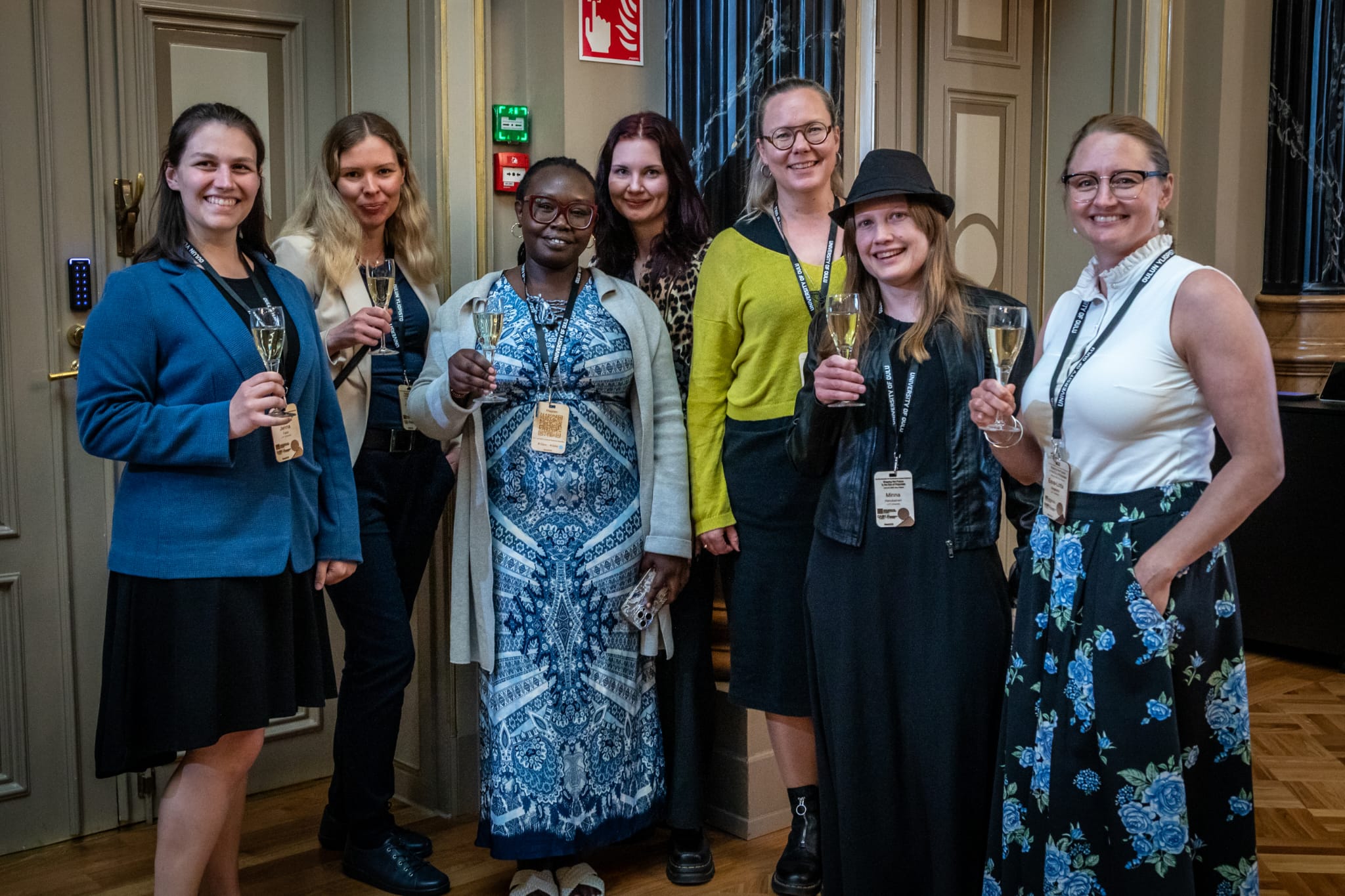
Adjusting to a 36.25-hour workweek was more challenging than expected. I was used to working over 40 hours to meet deadlines and demonstrate effectiveness. Finnish work culture, with its emphasis on coffee breaks and checking in on colleagues, took some getting used to but eventually helped me feel more integrated. Coffee breaks to me now are a way to take a break from work, not a means to complete work tasks.
My research group also allowed me to attend an intensive Finnish course during work hours, for me to improve my skills and integrate more within the culture. The remarkable aspect of this was that I didn't have to make up the missed hours of work, as the relevance and essential skills this class would provide me were invaluable. In the U.S., I would have had to make up these hours on top of taking a vital class to meet internship deadlines—the understanding of a work-life balance extended into growing academically, as well as professionally and personally.
The work-life balance in Finland is something I admire. You do work to fill your 36.25 hours a week and no more. You have free time to enjoy the beautiful nature instead of being indoors all day. Finns work so they can live, but they do not live to work.
Early in my internship, I was invited to the “Shaping the Future in the Era of Polycrisis” conference in Oulu. Nervous yet excited, I attended my first research conference, leaving with a strengthened sense of community, new professional connections, and a fuller understanding of the field.
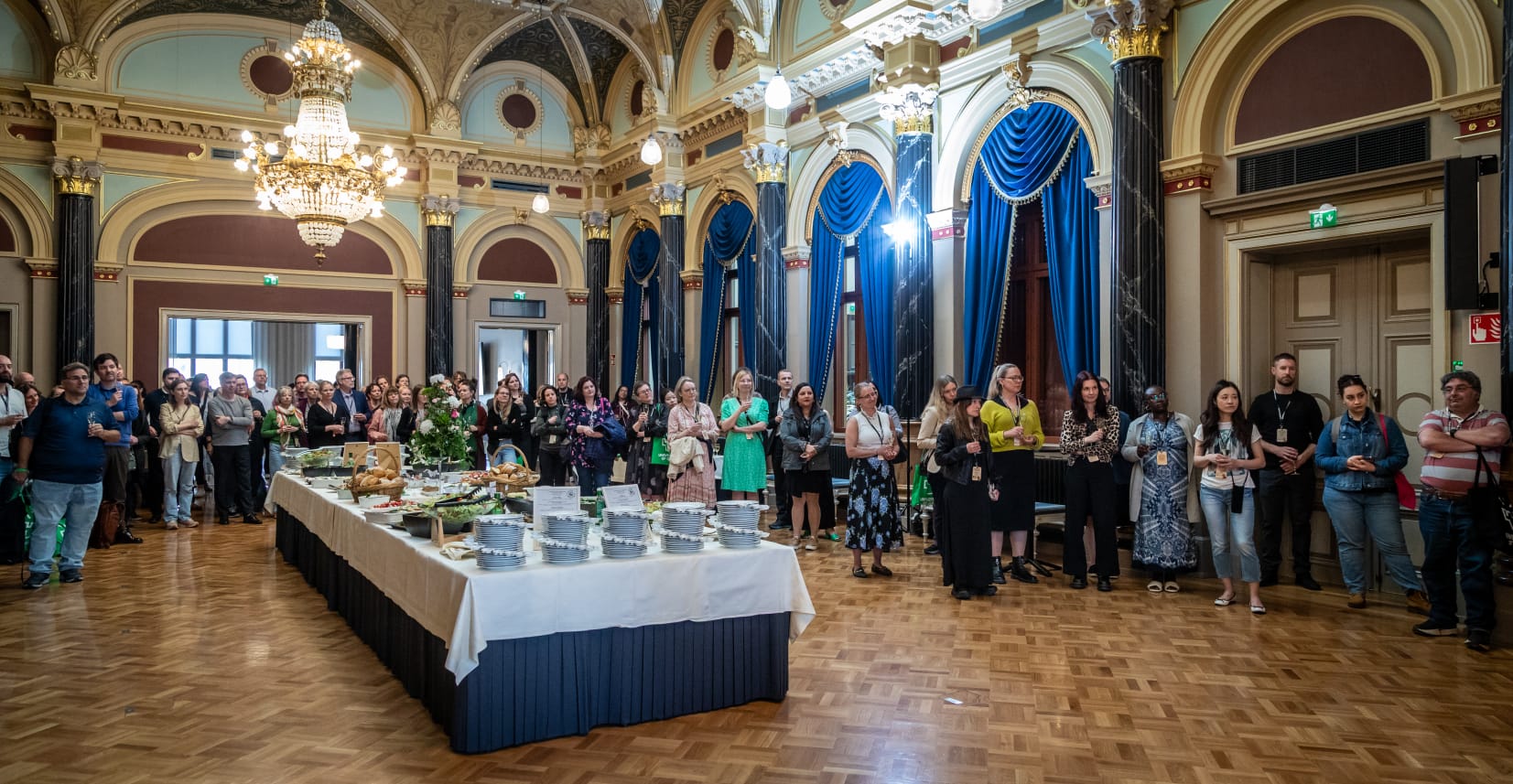
Attending this research conference was one of the best experiences of my summer trainee experience. I was able to strengthen and develop a strong community with my research group, something I have never been able to do with any of my previous internships in the U.S.. Above all, I learned how much I love the field of work that academia is a part of, and how I want to immerse myself in it in the future.
Back in the research group, I continued work on energy transition acceleration, energy overconsumption, the WEF (Water-Energy-Food) NEXUS, Afstor solar stoves, and other tasks. I learned to use coffee breaks for socializing and recharging rather than just completing tasks. I also gained firsthand experience in applying for research funding—learning much more than I anticipated.
At the end of my summer trainee experience, which has transitioned into a part-time position alongside my studies, I am able to reflect on this valuable opportunity. Working within Finnish academia has more deeply reinforced my academic and professional goals than an internship in the U.S. could have. Rather than performing manual tasks that might be overlooked, I contributed directly to the research process for everyone in my research group. I saw how my work genuinely made a difference as it was applied across various settings.
This summer taught me the importance of a healthy work-life balance and its positive impact on well-being. Spending office hours working and dedicating other hours to friends, family, hobbies, sauna, and outdoor activities under the never-ending sun was a welcomed adjustment. I’ve never experienced a job that emphasizes personal well-being as much as this one. I now have a deeper understanding of why Finland is considered the happiest country in the world.
